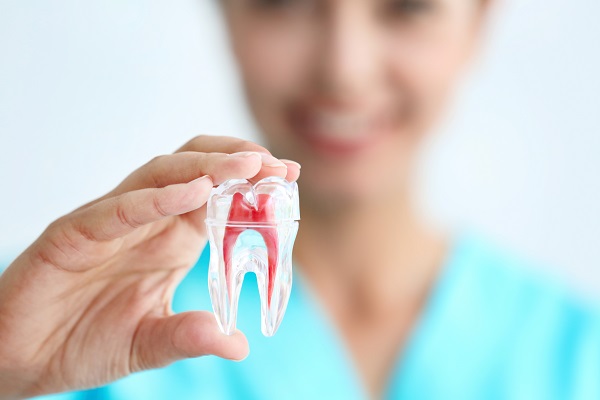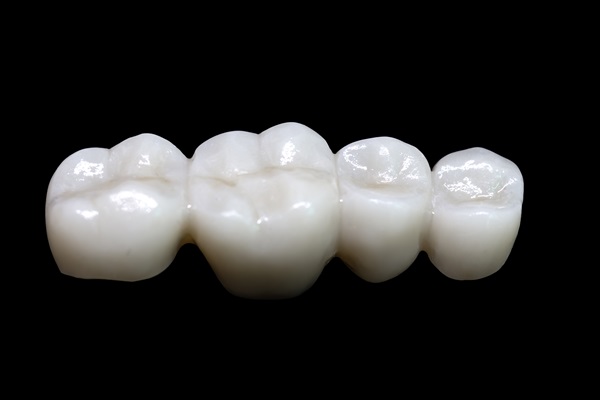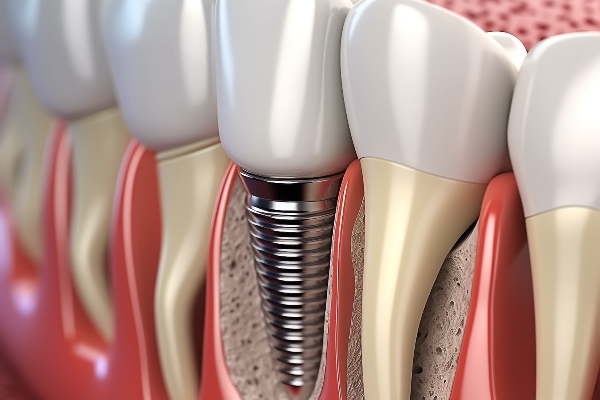Tips to Prepare for Root Canal Treatment

According to the American Association of Endodontists, millions of Americans receive a root canal treatment annually. A root canal may be necessary when the soft tissue in the canal is infected or otherwise inflamed. This can happen due to deep decay, a crack or chip in the tooth, or repeated dental procedures. Sometimes, an injury may occur that requires treatment, even if there are no visible cracks. Patients may need a root canal if they feel severe pain when chewing, have a cracked tooth, are sensitive to hot or cold sensations, have tender gums, or notice darkening of the gums. Here is what to do to prepare for the treatment.
The days leading up to the treatment
There are several things a person can do leading up to a root canal treatment to make the process go smoothly.
Quit smoking
Smoking increases healing time and makes complications more likely after a root canal. Quit smoking as soon as possible to avoid complications. Try not to pick the habit up again, either, especially to prevent further oral health problems.
Ask plenty of questions
It is always a good idea to ask questions before having dental treatment. Doing so ensures the patient understands what will happen during the procedure, what to expect afterward, and how to look for signs of any complications.
Take prescribed antibiotics
If the need for a root canal stems from an infection, the dentist may prescribe antibiotics first. It is important to take the entire course of medication as directed to ensure the infection clears and there is minimal pain during the procedure.
Immediately before the procedure
In the 24 hours before a root canal, a patient can take additional steps to help the treatment and recovery process along.
Avoid alcohol
Avoid consuming alcohol for at least 24 hours before the procedure. Alcohol causes dry mouth, which can complicate the treatment. It is also a good idea to avoid drinking alcohol until the healing process is complete, as it can increase the amount of time it takes to heal.
Sleep the night before
A good night's rest is important before and after the procedure to help the body heal. Those who feel anxious about the appointment may want to try deep breathing exercises, meditation, or other sleep aids the night before.
Eat a nutritious meal
Proper nutrition is essential for the healing process, but the numbing medication used during the treatment can make it difficult to eat for a few hours afterward. For this reason, it is important to eat a healthy meal a few hours before the procedure. Lean protein, fruits, vegetables, and plenty of water are all good choices.
Take pain medicine
The dentist may advise the patient to take over-the-counter pain medicine such as ibuprofen a few hours before the procedure. The medication helps to relieve inflammation and makes the healing process easier.
Conclusion
An infected tooth left untreated could lead to more serious complications in the future, such as gum disease, loose or missing teeth, and even heart problems. Contact a dentist if you suspect you may need root canal treatment and follow these tips to have a successful procedure.
Request an appointment here: https://www.thegalleryofsmiles.com or call Midtown Dental - The Gallery of Smiles at (713) 979-4127 for an appointment in our Houston office.
Check out what others are saying about our dental services on Yelp: Root Canal Treatment in Houston, TX.
Recent Posts
The term "root canal" often causes anxiety in patients. This fear is largely due to misconceptions surrounding this dental procedure. However, a root canal is an effective treatment that can relieve pain, save a natural tooth, and prevent further complications. By understanding the most common myths about root canals, patients can approach this treatment with…
Finding out that you need a root canal can be terrifying. This procedure has always been seen in a negative way. In truth, this treatment can restore your dental health. Here are the details on how a root canal can prevent tooth loss.The dentist will remove the inflamed or infected pulp material from its chamber.…
Root canal therapy is a procedure that allows dentists to save severely decayed, damaged, or infected teeth. The root canal procedure involves going to the pulp chamber of a tooth to remove the nerves, blood vessels, and connective tissues there. This brings an end to infections and protects against them. It also stops any pain…
When it comes to preventive dental care, the approach is two-fold. First, it involves going to the dentist for regular checkups and performing any recommended follow-up treatment. Second, good oral health habits are crucial for keeping the body in good working order. For people living with chronic conditions such as diabetes and osteoporosis, keeping up…










